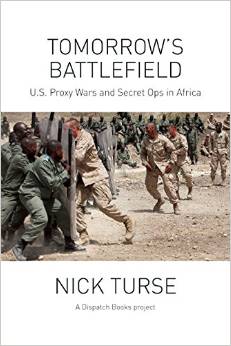If you think the globalists are pushing pedal to the metal now, you’re absolutely right! Rapid acceleration toward their one world government has humanity on…

Africa
Democracy is on the retreat and authoritarianism is on the rise in more than 96 of the U.N.’s 193 member states, according to a new…

"Science" is derived from the scire – "to know". Each of us should know what we are eating, how it was produced, what impact it has on…

In the dozen plus years since 9/11, the US government has rapidly moved from democracy to fascism. When government acts on behalf of a corporate…
“China is reaching deep within the world island in an attempt to thoroughly reshape the geopolitical fundamentals of global power…… Its two-step plan is designed…
The "occupation" of medical journals by pro-Israel professionals without any "preoccupation" about health issues I am the author, with 23 other health and science professionals,…

An open-access website called fotoforensics.com analyzes digital images to detect potential alteration. One of the techniques offered at the site is Error Level Analysis. According to the…

Israel’s own investigation into last year’s murderous assault on Gaza has predictably concluded that the Israel Defence Force (IDF) had not broken Israeli or international…

As his career continues to free fall into total irrelevance, pop star "Bono" of the rock group U2 has announced his support for a U.S.-backed…
In defending the natural world, we should be honest about our motivations – it’s love that drives us, not money. Who wants to see the…
By conventional wisdom it is excellent news. Researchers from Iowa have shown that organic farming methods can yield almost as highly as pesticide-intensive methods. Other researchers, from Berkeley,…

Peter Phillips interviews Nick Turse, who speaks about the largely unseen role US forces are playing in Africa, with a special focus on the civil…